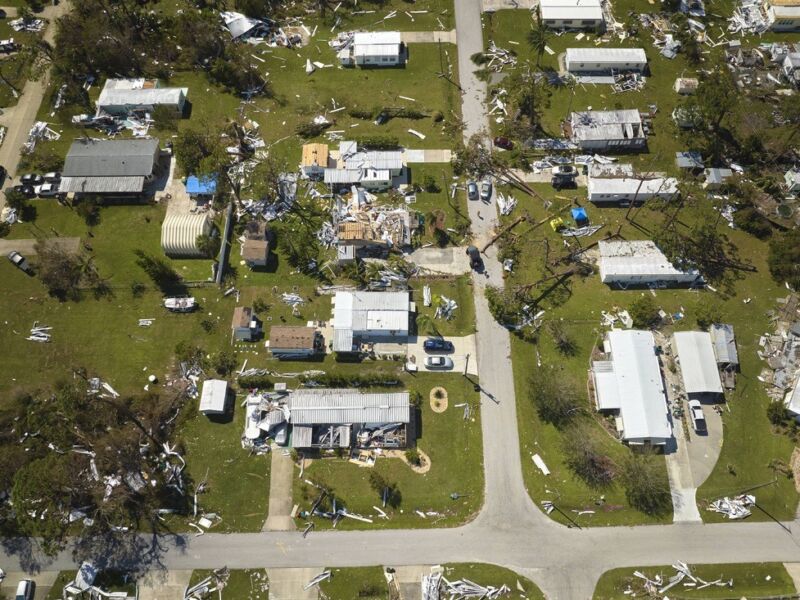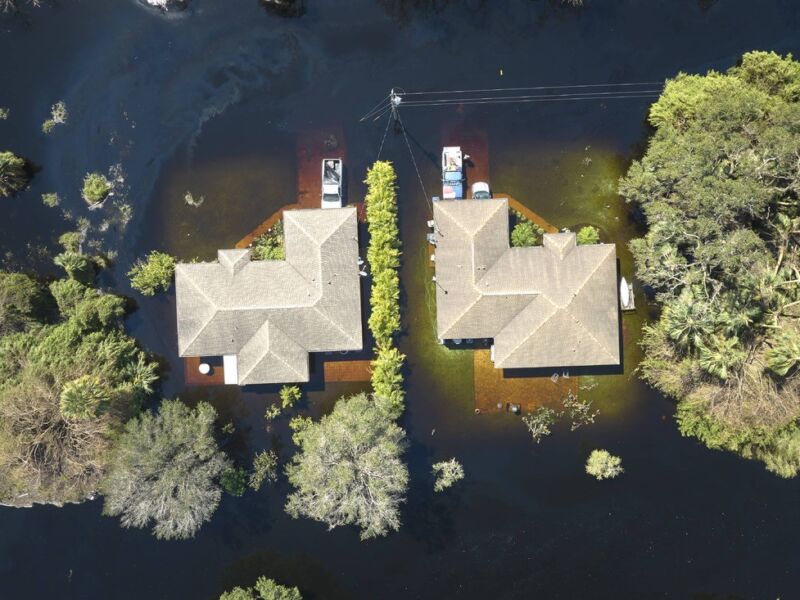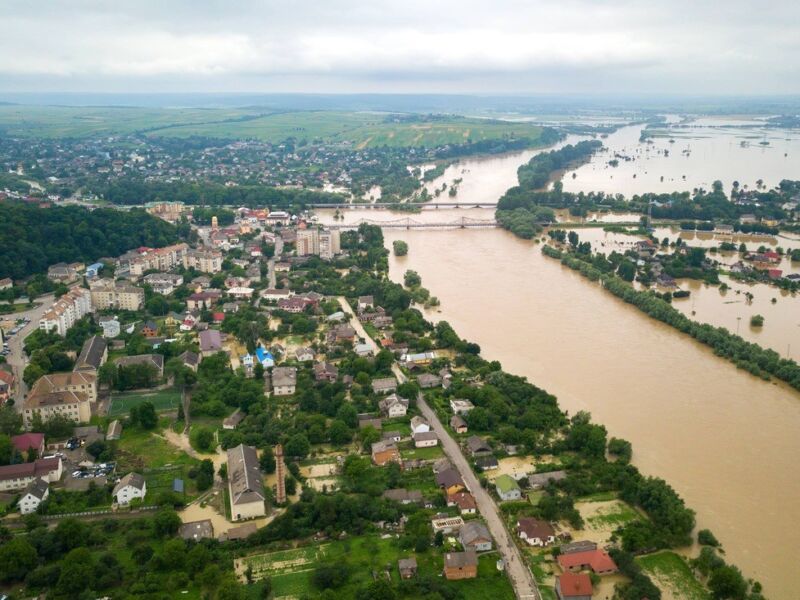
Introduction
Emergency Preparedness Education plays a crucial role in ensuring community resilience and readiness in the face of disasters and emergencies. By providing comprehensive training and resources, individuals and communities can better respond to and recover from various hazards. This article explores the importance of emergency preparedness education, the key components of a comprehensive program, and the benefits of investing in these initiatives.
The Importance of Emergency Preparedness Education
In today’s world, where natural disasters, public health crises, and other emergencies are becoming increasingly common, it is essential to prioritize emergency preparedness education. By educating individuals and communities on how to effectively respond to and mitigate the impacts of disasters, we can minimize loss of life, property damage, and economic disruption.
Moreover, emergency preparedness education fosters a sense of community resilience, empowering individuals to actively participate in their own safety and well-being. When communities are knowledgeable and well-prepared, they can effectively coordinate response efforts, support vulnerable populations, and accelerate recovery.
Key Components of Emergency Preparedness Education
Risk Assessment and Planning
Effective emergency preparedness education begins with a comprehensive risk assessment. This process identifies potential hazards, evaluates their likelihood and impacts, and informs the development of emergency response and recovery plans. By understanding the unique risks in their area, individuals and communities can tailor their preparedness efforts accordingly.

Emergency Response Training
Emergency response training equips individuals with the knowledge and skills necessary to respond effectively during an emergency. This includes first aid training, CPR certification, search and rescue techniques, and incident management protocols. By providing training in these areas, emergency preparedness education ensures that individuals can take immediate and appropriate action to protect themselves and assist others.
Communication and Coordination
Communication and coordination are essential in emergency situations. Emergency preparedness education emphasizes the importance of establishing communication networks, both within the community and with external emergency management agencies. This includes educating individuals on how to use emergency communication devices, such as radios and mobile phones, and how to share information effectively during times of crisis.
Community Engagement and Outreach
Engaging the community is a vital component of emergency preparedness education. Through workshops, seminars, and outreach programs, communities can foster a culture of preparedness. These initiatives empower residents to take an active role in their own safety and encourage collaboration and collective responsibility.
The Benefits of Investing in Emergency Preparedness Education
Investing in emergency preparedness education offers numerous benefits for individuals, communities, and societies as a whole.
Reduced Loss of Life and Property
When individuals are equipped with the knowledge and skills to respond effectively during emergencies, the risk of loss of life and property damage is significantly reduced. Prepared individuals can make informed decisions, evacuate safely when necessary, and implement appropriate mitigation measures to protect their homes and belongings.
Improved Response and Recovery Efforts
Communities that prioritize emergency preparedness education have more efficient and effective response and recovery efforts. By ensuring that individuals are well-trained and informed, response teams can focus on critical tasks, knowing that residents are prepared to take necessary actions. This leads to quicker recovery and a smoother transition back to normalcy.

Enhanced Community Resilience
Emergency preparedness education fosters community resilience by empowering individuals and communities to better withstand and recover from disasters. By equipping residents with the knowledge and skills to respond effectively, communities can bounce back quicker and adapt to new challenges.
Economic Benefits
Investing in emergency preparedness education also yields economic benefits. By reducing the impact of disasters, communities can avoid significant financial losses associated with property damage, business interruption, and infrastructure repair. Furthermore, communities with strong emergency preparedness programs may attract businesses and residents who value safety and resilience.
Frequently Asked Questions (FAQs)
What is emergency preparedness education?
Why is emergency preparedness education important?
Important Facts and Statistics
- The water damage restoration industry is expected to grow at a CAGR of 6.8% from 2020 to 2025. Water Damage Restoration
- The Federal Emergency Management Agency (FEMA) has declared a disaster in Fort Bend, Harris, or Montgomery counties 26 times in the past 41 years, including the most recent severe winter storm in February 2021. Fire Damage Restoration
- The top five most damaging storms of 2018 and 2019 were identified. Storm Restoration
By providing comprehensive emergency preparedness education, individuals and communities can enhance their ability to withstand and recover from emergencies and disasters. Investing in these initiatives not only saves lives and reduces property damage but also fosters community resilience and promotes sustainable development.



